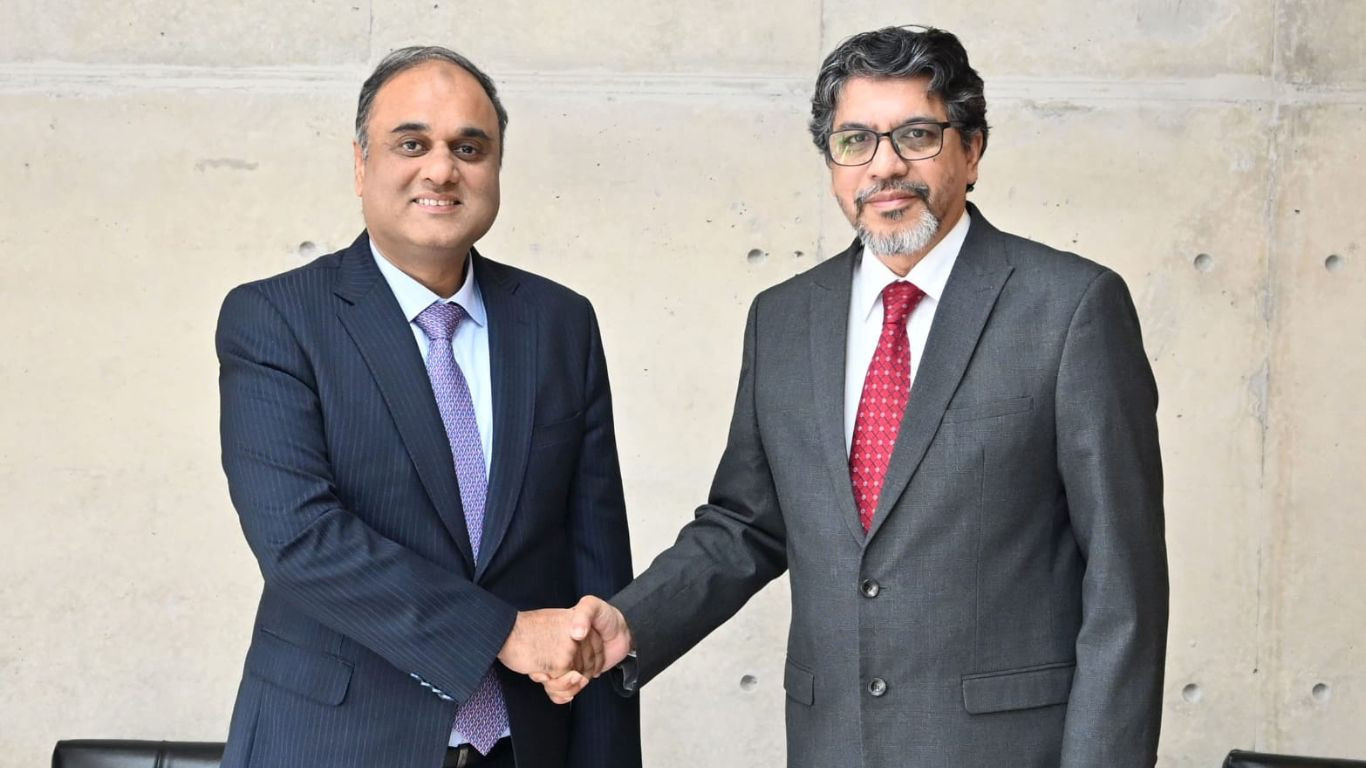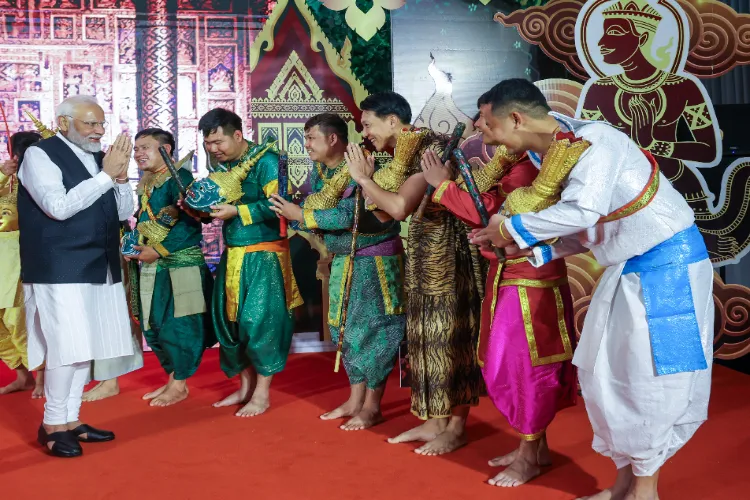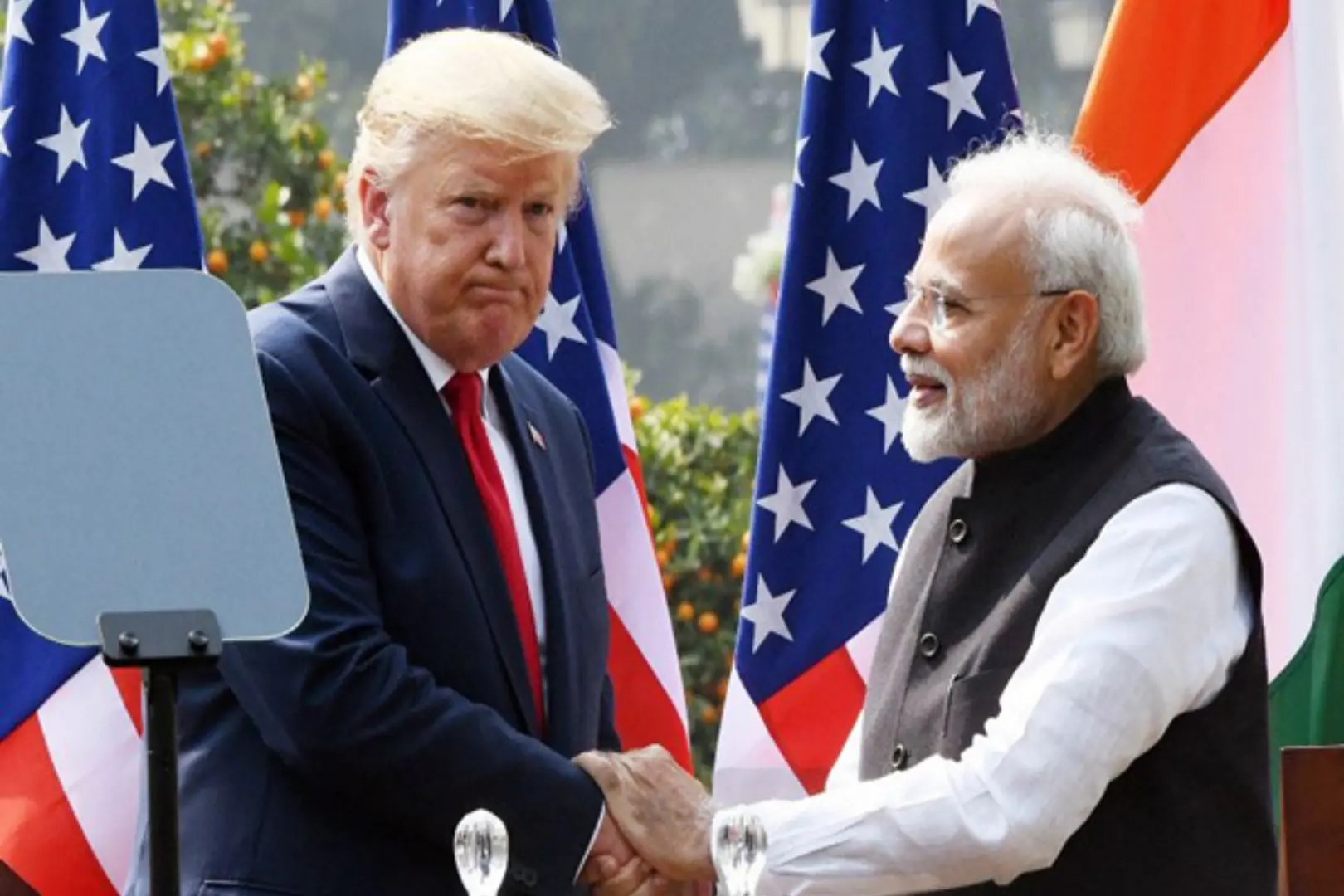The upcoming bangladesh Bay of Bengal Initiative for Multi-Sectoral Technical and Economic Cooperation (BIMSTEC) Summit, scheduled for April 4, 2025, in Bangkok, Thailand, has garnered significant attention due to the potential bilateral meeting between Bangladesh’s Chief Adviser, Professor Muhammad Yunus, and India’s Prime Minister, Narendra Modi. This prospective dialogue is viewed as a pivotal opportunity to address recent strains and foster enhanced cooperation between the two neighboring nations.
Bangladesh-India Relations
Historically, Bangladesh and India have maintained a multifaceted relationship characterized by shared cultural ties, economic collaborations, and regional partnerships. However, the political landscape underwent a transformation when Professor Muhammad Yunus assumed the role of Chief Adviser in Bangladesh‘s interim government on August 8, 2024, succeeding long-time ally of India, Sheikh Hasina, who is currently in exile in India. This change has introduced complexities into the bilateral dynamics, leading to certain diplomatic challenges
Recent Developments and Diplomatic Strains
In the aftermath of the political shift in Bangladesh, several developments have contributed to tensions between Dhaka and New Delhi
-
Reduction in Medical Visas: India has significantly curtailed the issuance of medical visas to Bangladeshi citizens, citing staff shortages and security concerns. This move has impacted numerous patients seeking medical treatment in India and has been perceived as a diplomatic snub by Bangladesh.
-
China’s Growing Influence: Amidst the cooling of Dhaka-Delhi relations, China has stepped in to fill the void by offering medical visas, investing in Bangladeshi infrastructure projects, and strengthening bilateral ties. Professor Yunus’s recent visit to China and his meeting with President Xi Jinping signal a warming relationship between Dhaka and Beijing, which has implications for regional geopolitics.
bangladesh Anticipation of the Yunus-Modi Meeting
Against this backdrop, the potential meeting between Professor Yunus and Prime Minister Modi on the sidelines of the BIMSTEC Summit is highly anticipated. Bangladesh’s Foreign Secretary, Md Jashim Uddin, expressed optimism about the meeting, stating, “We have requested for the meeting officially. We have reasonable grounds to remain hopeful.”
The Bangladesh Foreign Ministry has been proactive in seeking this engagement, emphasizing the importance of dialogue to address mutual concerns and enhance cooperation. The meeting is expected to cover a range of topics, including trade, connectivity, and regional security.
India’s Position and Considerations
While Bangladesh has shown eagerness for the bilateral talks, India’s response has been measured. The Ministry of External Affairs (MEA) in New Delhi has not officially confirmed the meeting. MEA spokesperson Randhir Jaiswal mentioned, “I do not have any update to share at this point.”
India’s cautious approach may be attributed to several factors:
-
Political Transition in Bangladesh: The change in leadership and the circumstances surrounding Sheikh Hasina’s exile have led to uncertainties in bilateral engagements.
-
Regional Geopolitics: China’s increasing involvement in Bangladesh poses strategic challenges for India, necessitating a recalibration of its diplomatic strategies.
-
Security Concerns: Issues related to cross-border security, including the rise of extremism, remain pertinent in the bilateral discourse.
Potential Outcomes and Significance
Should the meeting materialize, it could serve as a platform to:
-
Reaffirm Commitments: Both nations can reiterate their dedication to mutual interests and regional stability.
-
Address Contentious Issues: Open dialogue can facilitate the resolution of specific concerns, such as visa policies and trade barriers.
-
Explore Collaborative Ventures: Discussions may pave the way for joint initiatives in infrastructure, technology, and education.
Conversely, the absence of such a dialogue might prolong the existing strains and provide opportunities for other regional players to exert influence.
Conclusion
The prospective meeting between Professor Muhammad Yunus and Prime Minister Narendra Modi at the BIMSTEC Summit 2025 holds substantial significance for the future trajectory of Bangladesh-India relations. While Bangladesh has demonstrated a clear intent to engage, India’s position remains cautiously reserved. The international community and regional stakeholders will keenly observe the developments, as the outcomes could have far-reaching implications for South Asian diplomacy and cooperation.
As the summit approaches, the hope persists that both nations will seize this opportunity to bridge differences and chart a path toward enhanced collaboration and mutual prosperity.





